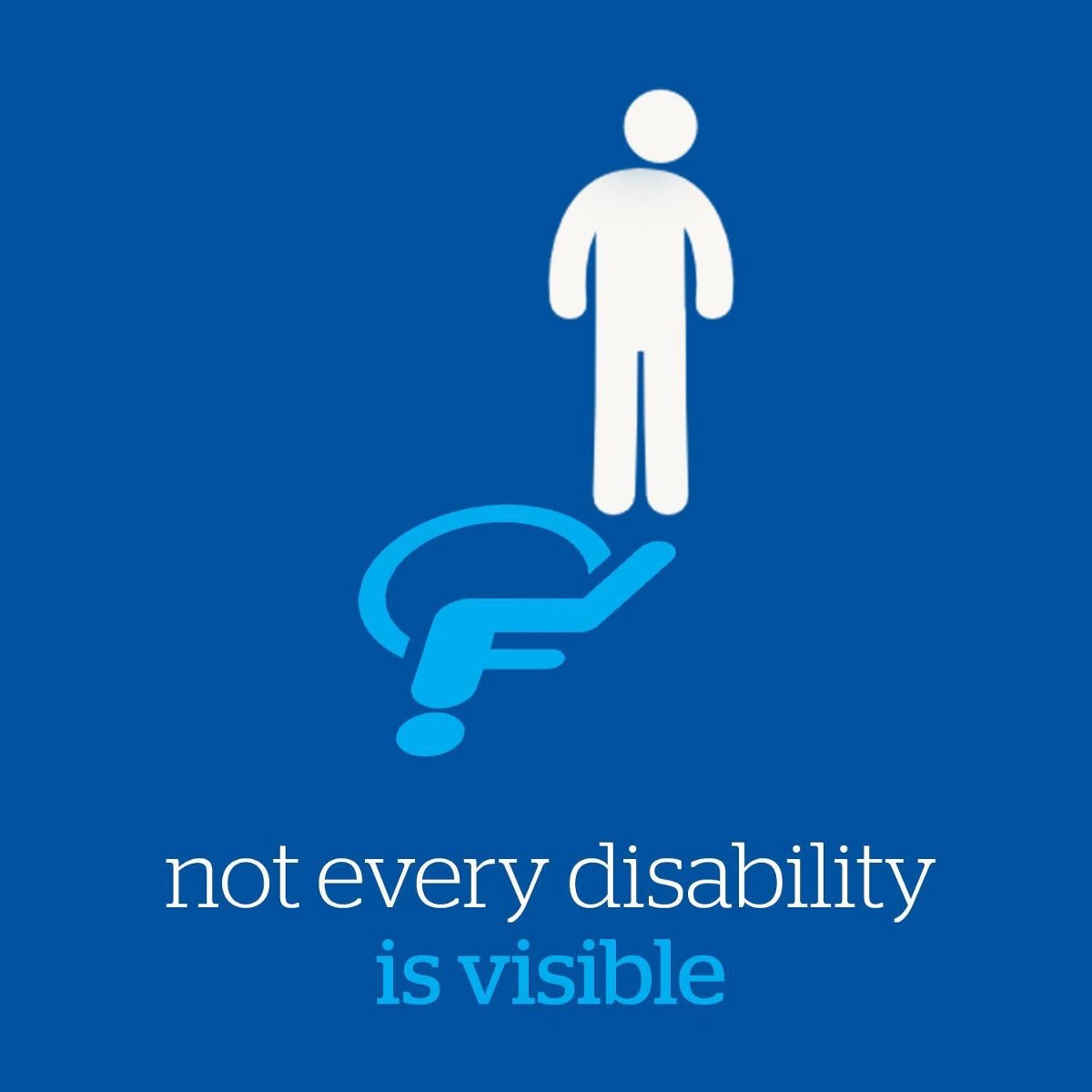Most people associate disability with someone in a wheelchair, with a guide dog or using a hearing aid, but many disabilities are invisible.
In the UK alone, 1 in 5 people has a disability, with 80% of those having an invisible disability[i]. These could include autism spectrum disorder, depression, diabetes, and learning and thinking differences such as ADHD and dyslexia[ii].
Understanding that employees could be disabled with an invisible disability and taking steps to make the workplace more inclusive is essential for developing a diverse and inclusive workforce.
A recent report from Bupa is drawing attention to this issue after finding that two in five (43%) employees with a less visible disability haven’t disclosed it to their employer.
Bupa found that people not wanting to ‘make a fuss’ (30%) or be treated differently (25%) were the key reasons for keeping their condition to themselves. Other reasons include worrying about not being believed (23%) and concerns that their disability might impact career opportunities (20%).
One of the consequences of this is growing presenteeism, which is known to have a detrimental impact on health in the long term as people are working when they should be taking time off.
Bupa found that 55% of people with less visible disabilities say they work even when not feeling well enough. Some are also taking holiday to attend medical appointments (26%) and 23% give a cover reason for not being able to work, when really, they are unwell.
Employers have a responsibility to create a working culture where people feel comfortable to talk about their disability and the impact it may have on their day to day working life so reasonable adjustments can be made by their employer if necessary.
These adjustments could include ensuring recruitment practices are inclusive, reviewing how accessible the workplace is for disabled people and making necessary changes, as well as how the company communicates disabilities.
Being sensitive to everyone’s disabilities and recognising some will be invisible is vital. Fostering a more inclusive and supportive working environment where people don’t feel they have to hide their disability can boost engagement, motivation, and productivity.
It can also help prevent presenteeism as people would be able to say if they need time away from the office due to their disability.
Encouraging people to take time off when feeling unwell and creating an environment where they feel able to, is something all employers should aim for.
Employers can also use tools such as absence management technology to support workers. The software can be used to monitor absenteeism and presenteeism by enabling managers to spot trends such as someone taking more time off than usual sick or not taking much annual leave.
Both could be signs something is wrong. The software gives visibility over employee behaviour and encourages back to work interviews which provide an opportunity for employees to discuss any concerns they have confidentially.
This could give someone a safe space to discuss an invisible disability if they haven’t already and enable managers to show their support.
Employers are encouraged to act this year and ensure their workplace is as inclusive as possible so those with invisible disabilities don’t feel they have to hide their condition.
Becoming known as an inclusive employer can improve recruitment and retention too, as well as enable employees to reach their career potential.
It also helps establish a diverse workforce that is more reflective of wider society, which can lead to a more successful business.







